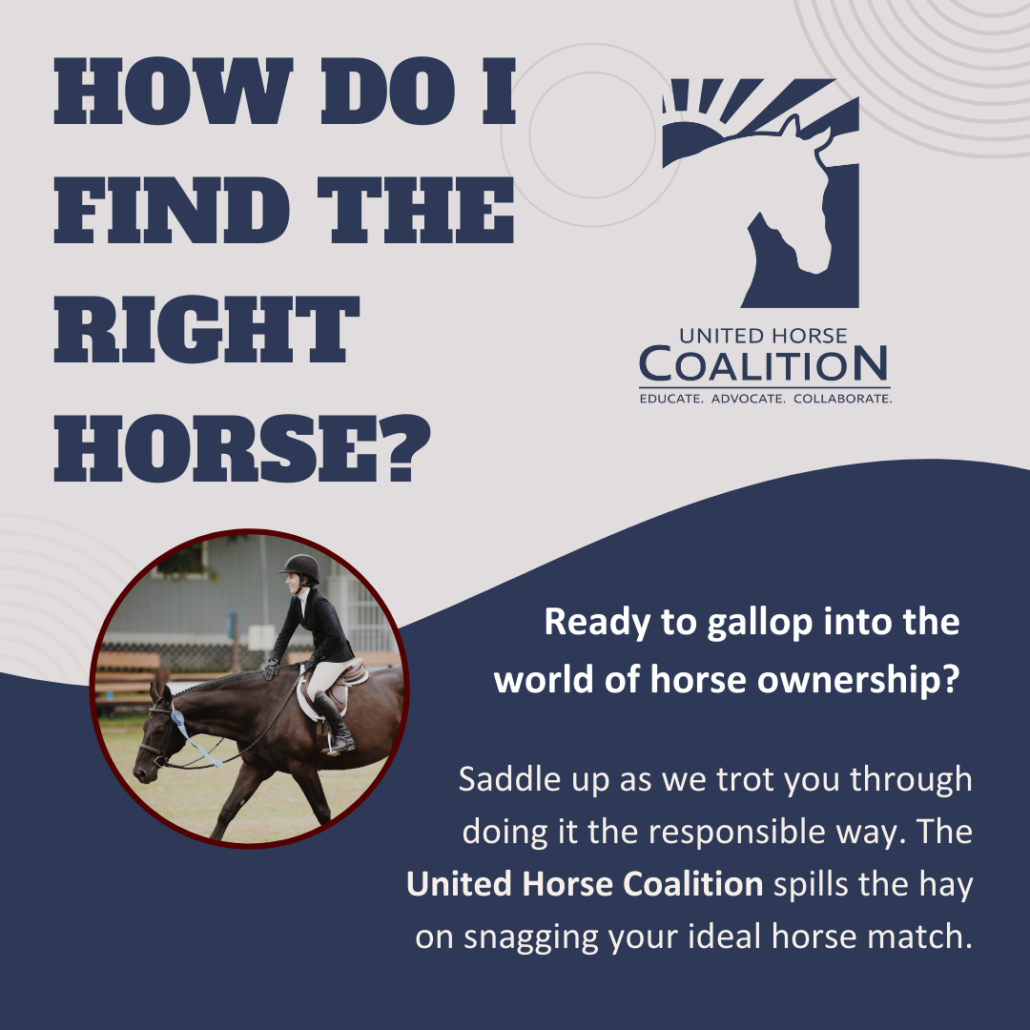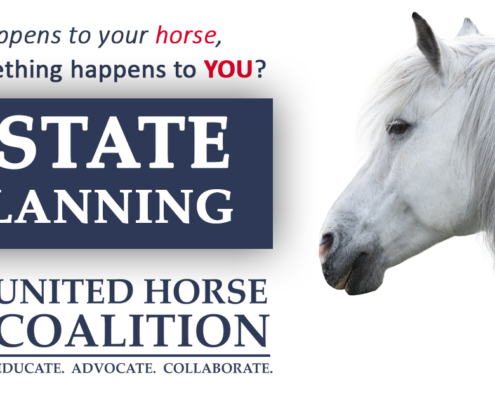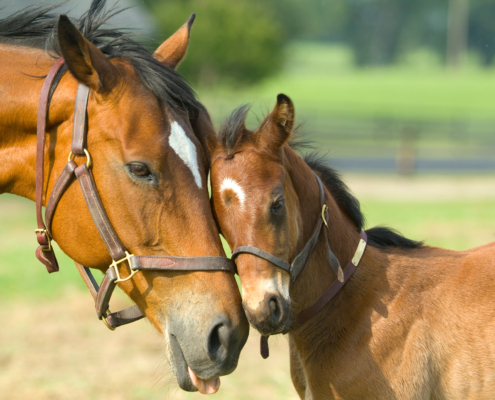How do I find the right horse?
How do I find the right horse?
“A lovely horse is always an experience…. It is an emotional experience of the kind that is spoiled by words.” ~Beryl Markham
Buying a horse or pony is a big decision. It can be a culmination of a life dream for some, and also one of the costliest purchases that you will make in your lifetime. For the latter reason alone, it is important to approach finding your new horse with plenty of forethought.
We encourage you to read through “Is Horse Ownership Right For Me?” in the UHC Materials. If after understanding all that is involved with owning a horse responsibly sounds like a feasible option for you, it’s time to move on to the next step – making sure you find the right horse.
We strongly discourage people from purchasing or adopting a horse sight unseen, on impulse, or due to an emotional situation. If the horse doesn’t match your needs as an owner in several key ways, he won’t make you happy, nor will you be able to fulfill the needs of that horse. It is very important that the horse’s temperament and training match your goals and skills as an owner, and you cannot do this if you purchase or adopt your horse through one of the aforementioned scenarios. Without ensuring the horse is a good match for you, you might be setting both yourself and the horse up for heartache and failure.
Below are some key criteria to consider when picking out the “perfect” horse:
- Is the horse a match for your riding ability? The horse’s temperament and training must match your own experience and ability level as not only a rider but a handler as well. Unsure as to what your ability level maybe? Take a few lessons with a reputable trainer, then ask him or her to recommend a type of horse that would work best for you; this trainer may even be able to help you find that “perfect” horse!
- Does the horse suit your needs or riding goals? Ask yourself- do you want to take nice relaxing trail rides? Be competitive in the show ring? Both of these warrant a horse with different backgrounds and experiences.
- Does the horse require more exercise than you can provide? Say, for example, you go look at that 17hh Thoroughbred, who has been in a program where he gets ridden 6 days a week and is as quiet and well-behaved as can be. So you buy him and bring him home, and only end up being able to ride him twice a week, so he becomes a bit “wild” and un-rideable. Always be sure to ask what type of program or riding schedule the horse requires.
- Have you decided on a set budget? Of course, money can be the deciding factor when purchasing a horse. Sometimes the “better deal” horse can be a bigger financial burden because of health or soundness issues that were the reason for the lower price to begin with. It’s always important to keep in mind that the upkeep of a horse is what can be most costly and be the “downfall” of horse ownership. Having a horse is a rewarding experience, just be sure you have the budget to support its needs!
- Do you have a trainer picked out? A trainer can give you their professional opinion a horse’s suitability for you. Additionally, it’s almost always a good idea to have a veterinarian picked out and available to come do a pre-purchase exam on a horse. Pre-purchase exams can help you find out whether or not the horse has any underlying health or soundness issues that could be a problem immediately or down the road. Keep in mind that every horse will have some negatives, but the key is to talk to your vet about what you can and cannot live with based on your intended use for the horse.
DO:
Adoption your horse through a reputable rescue. Most reputable rescues want what is best for you and your new horse for the long haul. They will be honest about the horses’ capabilities and what would be the most suitable home and match for that horse. A bonus? Some rescues also have a safety net built into your adoption in the event that you find yourself in a situation where you need to rehome it, your horse can always go back to the rescue.
Visit and ride the horse. When possible, ask for a trial or lease the horse before committing to a purchase. This will ensure that the horse is truly a good fit for you both in temperament and training in the long term.
Research the seller you are purchasing from or the rescue you are adopting from. When possible, contact previous buyers and ask for references. Check reviews on social media and run a quick Google search on their name. The same goes for researching a reputable rescue. The UHC has provided a list of questions you can ask to ensure that the rescue you are adopting from is a reputable one.
DON’T:
Purchase sight unseen. You may end up with the wrong horse, or the horse’s temperament and training level may not be what was advertised. There may also be health concerns not disclosed. There are many online scams directed towards unsuspecting new horse owners. It is best to always have a face-to-face in-person meeting with the seller and horse.
Purchase from a kill pen. The UHC discourages the purchasing of horses through kill pen schemes and bailouts. These schemes often prey upon owners’ emotions, and only support the continuation of these types of deceitful operations. See information on ACH’s Buyer Beware – Kill pens article.
Purchase or adopt as part of an emotional crisis scenario. As with many situations and big decisions in life, they are best made with a clear head, especially when they involve a living creature who is dependent on you for its care and well-being. If you have not thought through the questions in our “Is horse ownership right for me? “article, then it may not be the right time for you to purchase or adopt a horse. While you may think you are saving a horse, you may be putting that horse and yourself in a worse situation if you cannot commit to their needs in the long term.
In Summary….
The internet has revolutionized the availability of information, allowing instant access to a wealth of resources. For those looking to buy or adopt a horse online, reputable websites such as The Right Horse, A Home For Every Horse, breed associations, and Retired Racehorse Project, backed by respected organizations, are ideal starting points. However, caution is advised when buying from social media, as there have been cases of false listings. Ensure the legitimacy of the seller before proceeding.
Auctions, while an option, can be risky due to the limited ability to verify the horse’s background and health status. They may be more suitable for experienced horse people who can assess the horse’s health, temperament, and training effectively. Given the significance of buying a horse, it’s crucial not to rush into a decision. Take your time to research and make an informed choice.
Remember, once you find the right horse, enjoy the journey! As the saying goes, “Horses can be cheaper than therapy.” Embrace the experience, knowing you’ve made a thoughtful decision.







